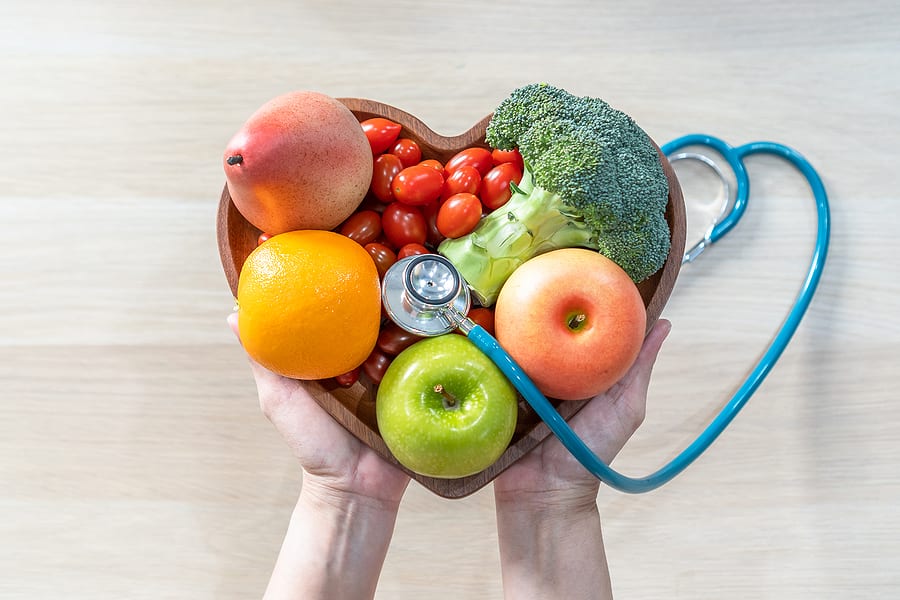Food insecurity is a growing problem in America, where many communities have limited access to enough nutritious food to live a healthy lifestyle. For senior citizens, this is becoming more and more problematic.
Defining Food Insecurity
Food insecurity is less about going hungry, and more about having access to the right types of food. Many Americans have access to easily available foods, such as fast-food restaurants, but lack access to proper and nutritious meals. Areas without good access to nutritious food are often called food deserts. This leads to growing obesity rates and other health issues related to poor eating habits. As of 2018, an estimated 7% of seniors are food insecure, and the rate is continuing to grow. Additionally, a 2016 study shows that 24% of seniors who live with a disability are food insecure.
Mobility and Food Insecurity
As elderly individuals age, it can be harder for them to travel to stores and get the groceries they need to make a nutritious meal for themselves. Those who don’t drive can only access the stores within walking distance, which may not have a full range of nutritious items to choose from. Moreso, it can be a challenge to carry groceries into the house. This can lead to eating what is convenient or accessible, rather than what is good for them.
Cooking and Food Insecurity
Cooking skills are a big factor in food insecurity too. Many elderly individuals lack the physical ability to cook for themselves every day. Some widowers relied on their spouses to cook for them, and therefore never learned enough about cooking. Without the ability to prepare and cook nutritious meals for themselves, it can become increasingly difficult to eat healthily.
Budget and Food Insecurity
Many elderly individuals live on tight budgets. This may require them to skip out on healthy food choices to stay on budget. Generally, cheaper and less nutritious foods become the go-to for many food-insecure seniors.
Technology Limits and Seniors
Many ways that people in food-insecure neighborhoods can get around this problem is through technology. Grocery delivery services and meal-kit programs are a common way for younger generations to adapt to their food desert. However, many seniors do not have the technical aptitude to do this. Additionally, meal plans and delivery fees can cut into often tight budgets.
Resources for Seniors Facing Food Insecurity
There are a number of government programs and charitable organizations that you can help your loved one apply to. These programs may help with food costs or access to meals. Below are a few examples of programs that can help your loved one receive better access to nutritious food.
SNAP, the US Supplemental Nutrition Assistance Program, provides those facing food insecurity issues by providing them with an EBT card. This card can be used as a debit card to purchase groceries from stores that accept them.
OAANP, The Older Americans Act Nutrition Program, supplies older Americans facing economic or nutritional hardships with home-delivered meals. Additionally, they organize healthy, communal meals for seniors.
Meals on Wheels is a national organization that helps deliver meals to seniors based on their needs. The cost of food is calculated based on the senior’s income. Additionally, they take many dietary restrictions into consideration. They even provide options for those who have problems chewing or those who can only eat soft foods.
Home Health Aides and Food Insecurities
Hiring a Home Health Aide to care for your elderly loved one can help improve their nutrition and access to healthy foods. Many Home Health Aides shop for groceries for their clients and can assist with meal preparation and cooking. Overall, many elderly individuals with aides see an improvement in their diet and overall quality of life because of this.
Safe Harbor Healthcare Services does not provide medical or healthcare advice via articles. This material has been prepared for informational purposes only, and is not intended to provide, and should not be relied on for medical advice.
Safe Harbor Healthcare Services has been providing excellent home care on Staten Island since 1967. Our services help the elderly and disabled live safely and independently; while giving their families the peace of mind they need. For more information, contact Safe Harbor by clicking here, or call us at (718)-979-6900.

